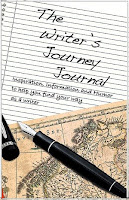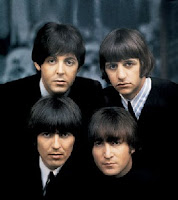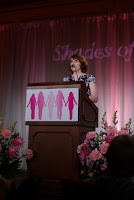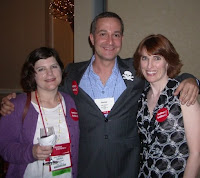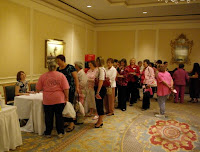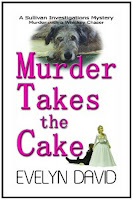Mystery Unsolved
There is always a painful poignancy and urgency when a crime involves a child. May 25 will mark the 30th anniversary of the day six-year-old Etan Patz walked to his school bus stop, one block from his home…never to be seen again. His likely killer is in prison, a convicted pedophile who taunts police with answers, but never gives the family the closure it deserves by telling them where to find the remains of that sunny little boy.
Caylee Anthony, a two-year old with a bright smile, was missing for six months before her tiny body was found in a garbage bag. Her mother is now on trial for her daughter’s murder.
According to the The U.S. Department of Justice:
* 797,500 children (younger than 18) were reported missing in a one-year period of time, resulting in an average of 2,185 children being reported missing each day.
* 203,900 children were the victims of family abductions.
* 58,200 children were the victims of non-family abductions.
* 115 children were the victims of “stereotypical” kidnapping. (These crimes involve someone the child does not know or someone of slight acquaintance, who holds the child overnight, transports the child 50 miles or more, kills the child, demands ransom, or intends to keep the child permanently.)
“A child can become missing because of a variety of circumstances, such as running away, being abducted, or being delayed by a mishap on the way home. Even simple misunderstandings about schedules and miscommunications about plans and activities can cause a child to be missing.” Most missing child cases are quickly resolved. We, of course, hear about the tragic ones where there is no known resolution or a heartbreaking one.
An incident last week in the supermarket prompted me to go online to check these statistics. It was another miserable rainy day in a New York suburb. When I entered my local Stop and Shop, I saw a group of adults crowded around a small child, who was face down on the floor. The little boy couldn’t have been more than three or four years old. He was making plaintive little cries, but not answering any direct questions. I heard murmurings from employees about how this was the second time in two weeks that this particular child had been found, seemingly abandoned, in the front of the store. Someone suggested that the child had developmental issues.
Finally a man in a black leather jacket and jeans spoke up. “Call the police.”
To me, that should have been the first reponse, but the manager seemed hesitant. Maybe she didn’t want to bring the cops and sirens to her store. Maybe she thought that someone shopping would come and claim the child.
The man firmly repeated his advice: “Call the police.” Then he reached into his pocket and pulled out a leather billfold, flipped it open, to show his badge. “I’m a cop. Call the police.”
The manager reached for the phone.
I started my shopping, but stopped by the service desk on my way out. The manager said the police had come and that the boy’s babysitter had also showed up.
So I’m left to wonder what will happen to a little boy, abandoned twice. What could have happened had the cop not insisted that the police be involved? Would the child have wandered off? Been abducted? How often do we want to avoid intruding into someone else’s business? How many children are at risk, but don’t show up in statistics?
I’m a mystery writer, but this is a story that I can’t wrap up in a neat little package at the end.
Evelyn David



